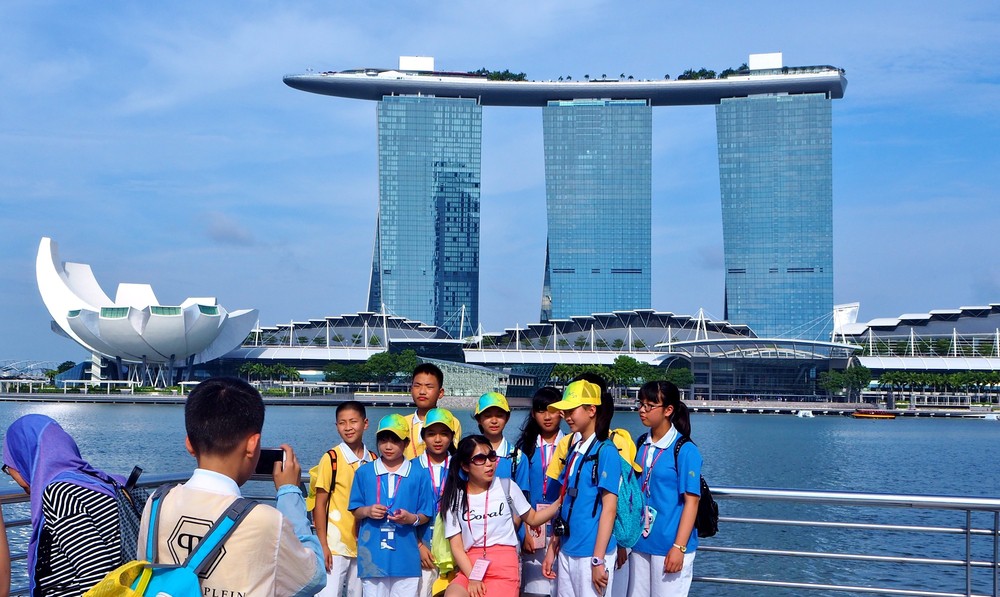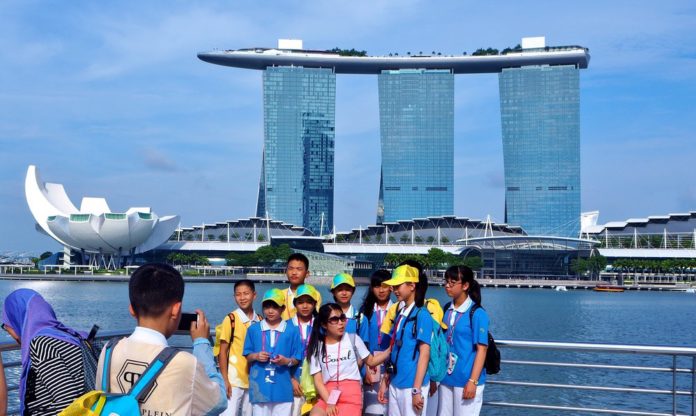A REPORT released in January by the Organisation for Economic Co-operation and Development (OECD) revealed that some Asian students are among the most academically resilient in the world, showing that difficult life circumstances are not holding them back in school.
Six out of the top 10 regions for academic resilience are located in Asia, with Hong Kong, Macao (China) and Singapore making up the top three, according to the study.
The OECD defines academic resilience as “the ability of 15-year-old students from disadvantaged backgrounds to perform at a certain level in the Programme for International Student Assessment (PISA) in reading, mathematics and science that enables them to play an active role in their communities and prepares them to make the most of lifelong-learning opportunities.”
SEE ALSO: Asean and EU launch major scholarship program for Southeast Asian students
Just published: Academic #resilience: What schools and countries do to help #disadvantaged students succeed in #OECDPISA
➡ https://t.co/UFFdahTR01 pic.twitter.com/HVzbWfCBRY
— OECD Education (@OECDEduSkills) January 29, 2018
According to the study, 53 percent of students in Hong Kong show academic resilience followed by 52 percent in Macao and 46 percent in Singapore.
At the other end of the spectrum, in Algeria, the Dominican Republic, Kosovo, Peru and Tunisian, less than 1 percent of disadvantaged students are considered resilient.
Academic resilience allows children from poor backgrounds to break out of the poverty cycle and receive the same opportunities available to wealthier children.
The OECD found that a mix of students from different social backgrounds studying together and a positive learning environment are important for fostering academic resilience.

Some 46 percent of Singaporean students were shown to be resilient. Source: Shutterstock
A positive school environment can be achieved by having low teacher fluctuation rates, so children can build up trust and understanding with their educators. “Teachers [in Asia] teach only 11 to 16 hours a week, so about half of what German teachers have to put in,” OECD education director Andreas Schleicher told DW .
“They can use the rest of the time to compare notes with other teachers, work with students outside the classroom or support parents. They make so much room to counteract social disadvantages in Asia and it’s really working,” he said.
Having motivational principals with progressive outlooks is also important, according to the OECD.
SEE ALSO: Long denied education, Rohingya children start school in exile
“Teachers need to focus even more on individualised teaching, on working with different students’ strengths and weaknesses,” Schleicher said. “Another challenge is convincing the best teachers and best principals to come work at the most difficult schools.”
Resilience is often considered the most difficult characteristic to build in children, according to Schleicher, but Germany showed that this is possible through their 7 percent increase in academic resilience between 2006 and 2015.
“Resilience is often accepted as something that’s just hard to change. But Germany has shown that you can really get things moving in just a few years,” said Sherleicher.
{“total”:2,”error”:””,”stumbleupon”:0,”pinterest”:0,”facebook_total”:0,”linkedin”:0,”buffer”:1,”twitter”:1,”google”:0,”vk”:0}





